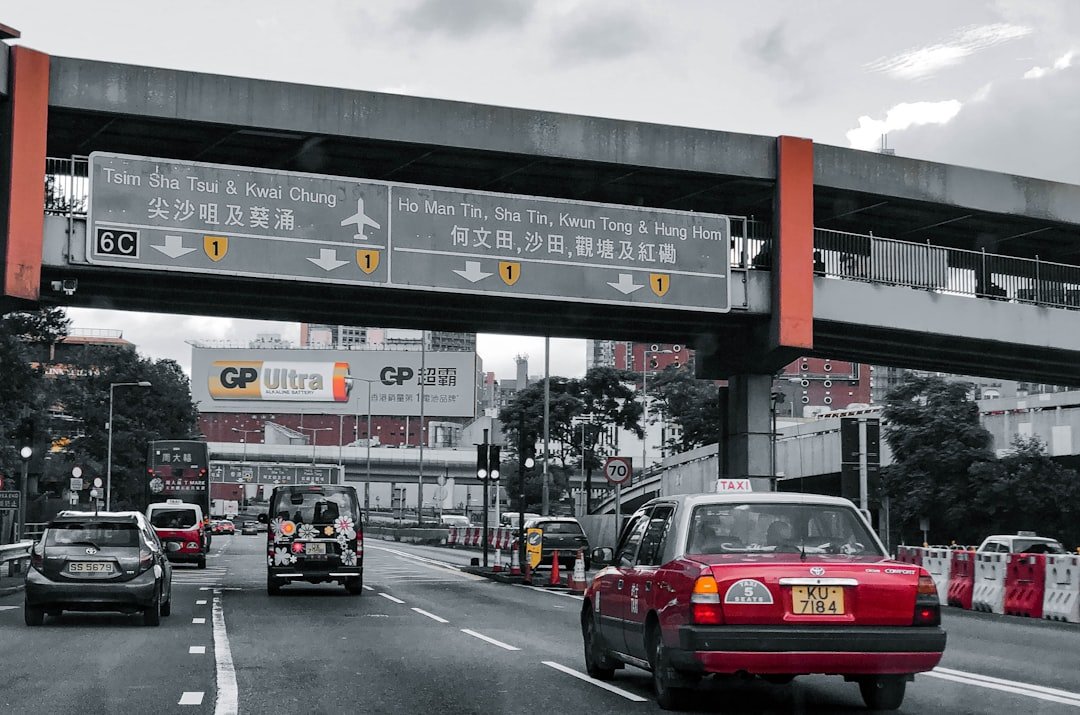
Stress manifests in various forms, with acute episodes typically arising suddenly and resolving quickly, often without lasting consequences. In contrast, chronic stress persists over extended periods, becoming a frequent companion in daily life and exerting a profound toll on the body.
This ongoing pressure can weaken the immune system significantly, making individuals more susceptible to common illnesses like colds and the flu. When stress levels escalate unchecked, it can lead to feelings of being overwhelmed, where everyday challenges feel insurmountable and emotional exhaustion sets in.
Take a Stroll
Physical activity serves as an effective tool for alleviating stress, allowing individuals to release built-up tension and trigger the production of endorphins, which are natural mood enhancers. For instance, studies from the American Psychological Association highlight how even a brief walk can reduce cortisol levels, the body’s primary stress hormone. Stepping away from a high-pressure environment not only provides the physical perks of exercise but also offers a mental break, fostering a fresh perspective that helps in approaching problems with renewed clarity.
Try Marijuana
Utilizing marijuana can offer a soothing escape for those seeking to ease stress and promote relaxation. For newcomers, understanding key concepts like the entourage effect—where various compounds in the plant work synergistically to enhance benefits—or the role of THC in interacting with the brain’s endocannabinoid system to induce calm is essential. Research from sources like the National Institutes of Health suggests that cannabis may help modulate stress responses, potentially improving mental and physical well-being. By educating oneself on these aspects, users can harness the plant’s properties to achieve a balanced state of mind and body.
Take a Breather
When escaping a stressful scenario isn’t feasible, employing simple breathing exercises can be a powerful strategy. Techniques such as diaphragmatic breathing, which involves deep inhales through the nose to fill the lungs fully, increase oxygen flow and help dissipate physical tension while quieting racing thoughts. If a moment of solitude is available, guided imagery techniques—envisioning a serene, personal haven—can further enhance relaxation, drawing on the mind’s ability to reduce stress through visualization, as supported by practices in mindfulness therapy.
Reframe your Situation
Often, the way we interpret events can amplify stress, turning minor issues into major burdens. By adopting a different viewpoint, such as focusing on potential solutions rather than obstacles, it’s possible to shift one’s overall mindset and lessen the emotional load. Experts in psychology, including those from cognitive behavioral therapy frameworks, note that self-defeating thought patterns contribute to prolonged stress; gaining insight into these habits empowers individuals to regain control and foster more adaptive responses.
Muscle Relaxation
Progressive muscle relaxation (PMR) involves systematically tensing and then releasing specific muscle groups, a method that can quickly eliminate accumulated tension and promote a sense of calm. According to clinical studies, this technique not only reduces immediate stress but also enhances resilience to future stressors by improving body awareness. Practiced regularly, PMR equips people to handle demanding situations more effectively, turning it into a go-to strategy for maintaining emotional equilibrium.
